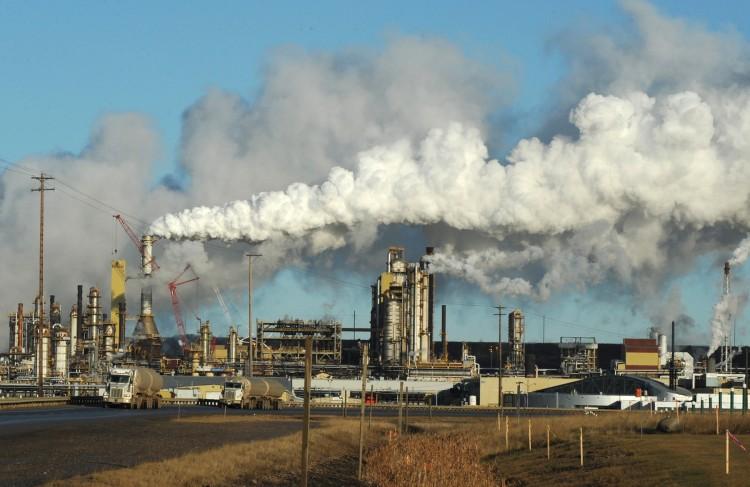Study to Investigate Community Health Near Oil Sands
An aboriginal community near the Alberta oil sands is finally getting a long-sought health study that will probe the health effects of living near oil development.

Ingredients for natural remedies. Cat Rooney/The Epoch Times
|Updated:





